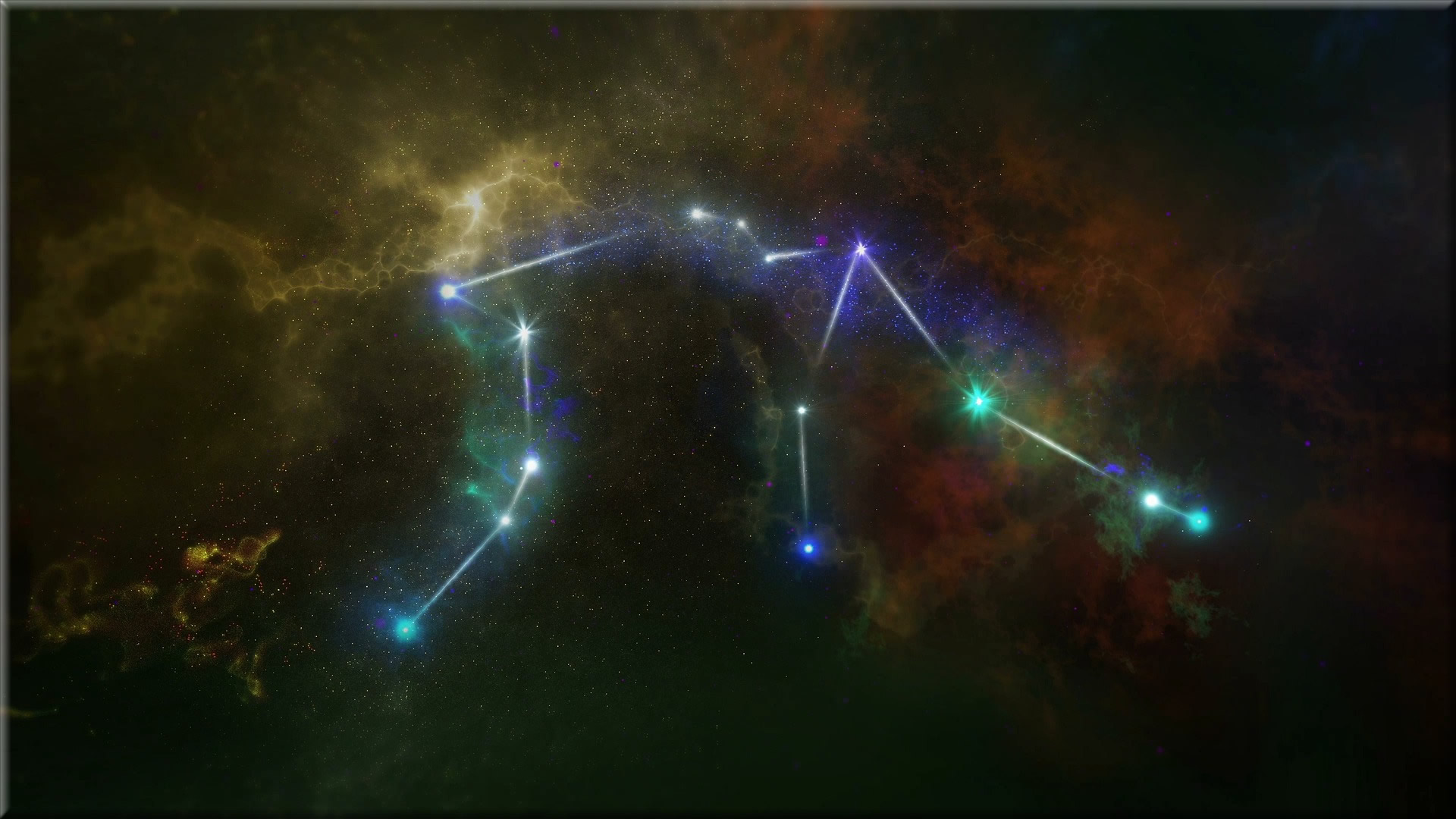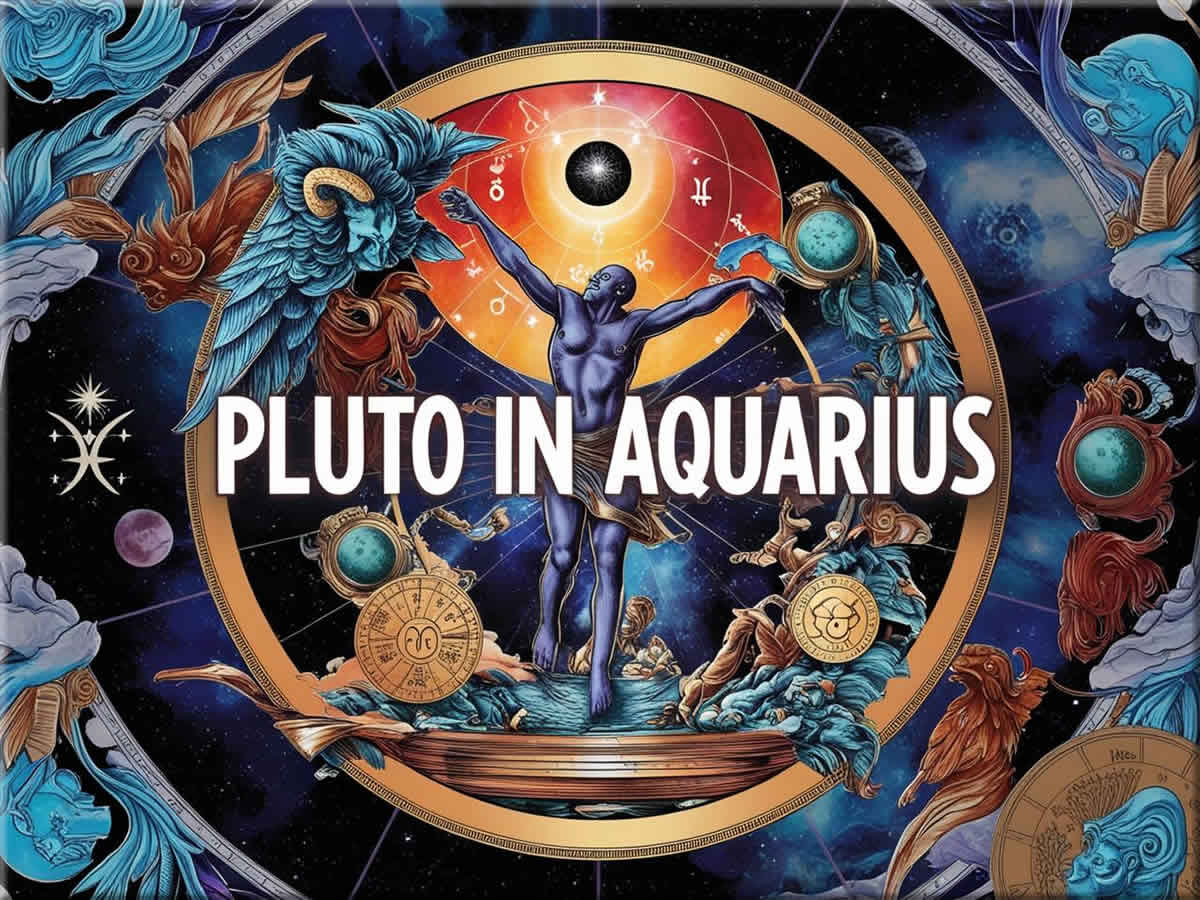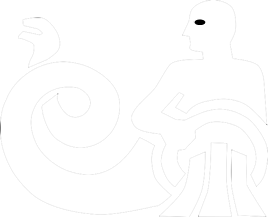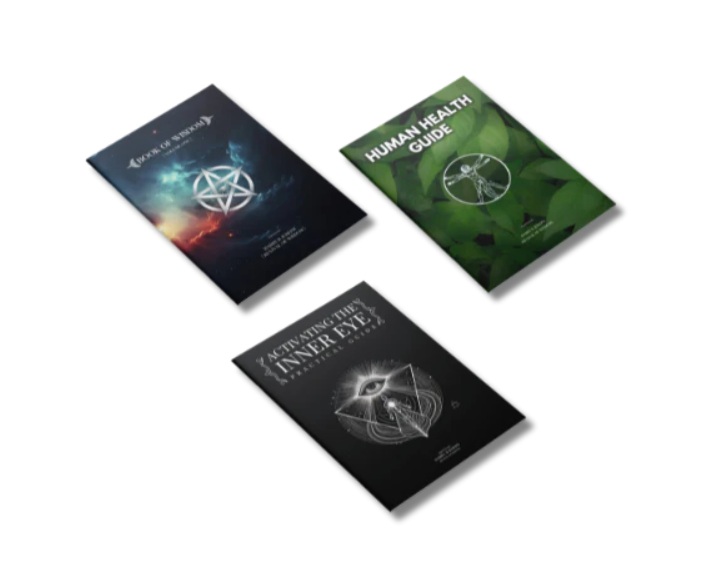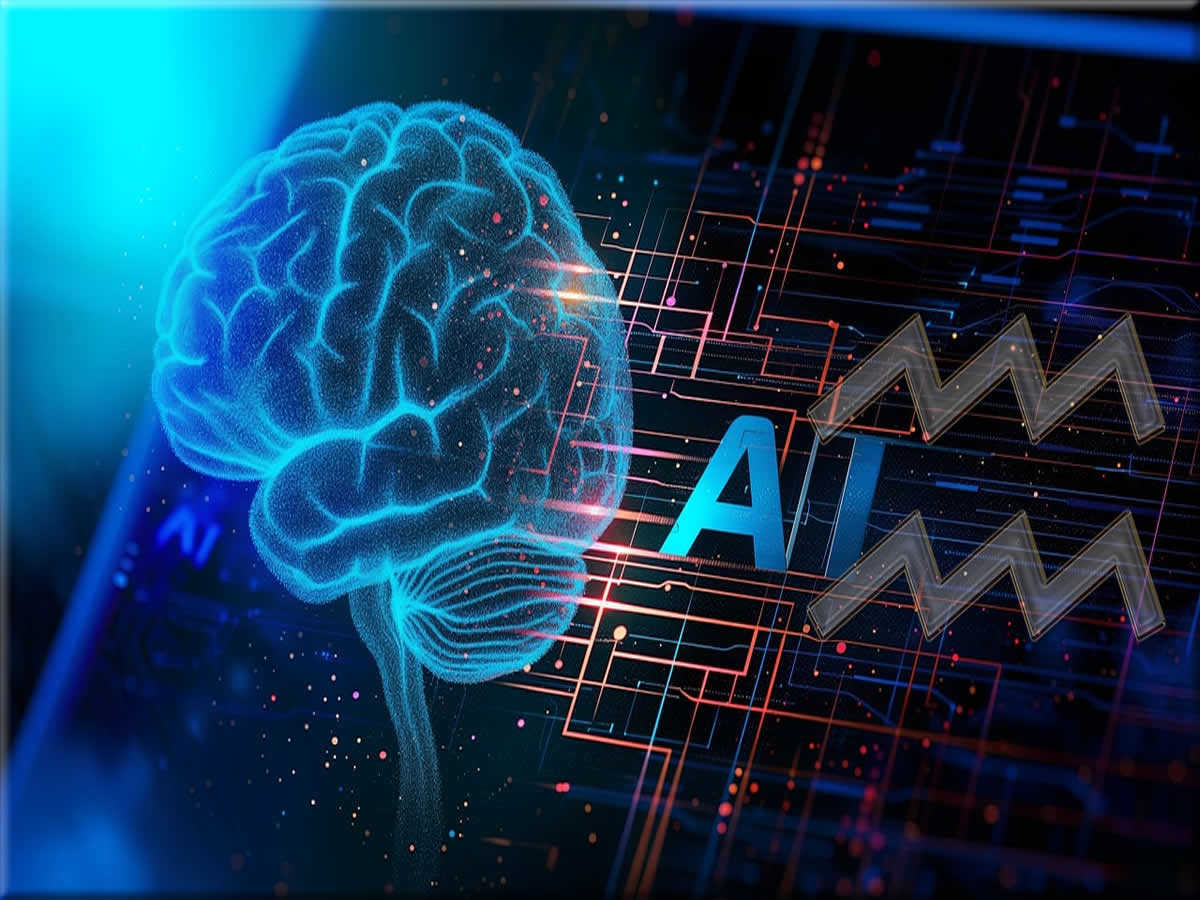
Age Of Aquarius And The Impact Of AI
If you’re into astrological knowledge, you might have encountered the phrase “Age of Aquarius.” Approximately every 2.160 years, the Earth transitions into a new age. So, in the next 135 years, we will leave the Pisces constellation and enter Aquarius in full mode.
Aquarius is a sign of the group, representing collective consciousness, planetary awareness, and innovation. Ultimately, it means the future and everything yet to happen. As we approach the Aquarius age, it has already led to numerous inventions in electrical engineering, nuclear technology, IT, and AI. So, let’s see how this new era can affect us in ways we might not have imagined.
The concept of the Age of Aquarius comes from the Zodiac, symbolizing a shift toward more extraordinary technological advancement and knowledge sharing. It’s about stepping into a phase where understanding and innovation take center stage, and that’s where artificial intelligence comes in. AI, for those unfamiliar with the term, refers to machines capable of performing tasks that typically require human intelligence. We’re talking about decision-making and speech recognition, which are becoming increasingly common everywhere you look.
Check out more videos on our YouTube channel
Seeing AI as intertwined with this new ‘age’ pushes us to rethink how we operate daily. AI’s growth means we’re on the cusp of some pretty wild changes. But it’s important not to get lost in the hype. Instead, we should focus on how AI can fit seamlessly with our ideals in this new age.
Our tech-savvy future, glittering like a billion stars, isn’t just about implementing new tools but about integrating them in ways that reflect the essence of what it means to be in the Age of Aquarius. So, while pondering the stars and poking around in the zeros and ones, we must stay grounded, keeping an eye on how these innovations reshape our world.
Awakening Wisdom: The Role of AI in Human Evolution
Artificial intelligence can improve our performance, shaping how we learn, solve problems, and perceive the world. This is crucial, especially in the Age of Aquarius, when the focus is on awakening and technological progress.
AI can help us make more informed decisions in various fields, from healthcare to climate action. Algorithms can analyze vast amounts of data that we cannot process independently, providing insights that enable more strategic and informed choices. This boosts our efficiency and taps into a more bottomless well of understanding and wisdom.
The Book of Symbolism is more than a guide to ancient signs; it is a journey into your own consciousness. Every chapter is a step on a journey that will elevate your mind and spirit.
After reading this book, nothing will be the same again.
However, with such power comes responsibility. Ethical questions about the role of AI in society are more relevant than ever. How can we ensure that AI development is grounded in human values? We must shape AI by combining technical capability with moral and ethical standards, ensuring that technology respects and enhances our way of life.
In this age of transition, AI doesn’t replace our wisdom but amplifies it. By approaching AI with curiosity and caution, we can better navigate these uncharted waters, ensuring its implementation uplifts us towards the ideals heralded by the Age of Aquarius. It’s about partnering with technology to forge a balanced, insightful, and wise future.
Are Humans in Jeopardy? AI in the Wrong Hands
AI’s power to reinvent how governments operate is undeniable. Many advanced countries today utilize AI within their government agencies, promising enhanced efficiency and improved decision-making. It’s about harnessing big data to streamline processes, but it’s essential to tread carefully.
Authorities might exploit AI’s capabilities for control and manipulation. This could mean using AI to sway public opinion and make decisions that might not reflect the people’s interests. Consider how AI algorithms influence the news you see on social media; now, imagine that power being wielded by government agencies.
The notion of privacy as we know it might be seriously threatened. With AI’s expansion, we’re inching towards a world where all activities are visible, and no one is truly anonymous. While such transparency can mean safety and accountability, it raises questions about personal freedoms and privacy.
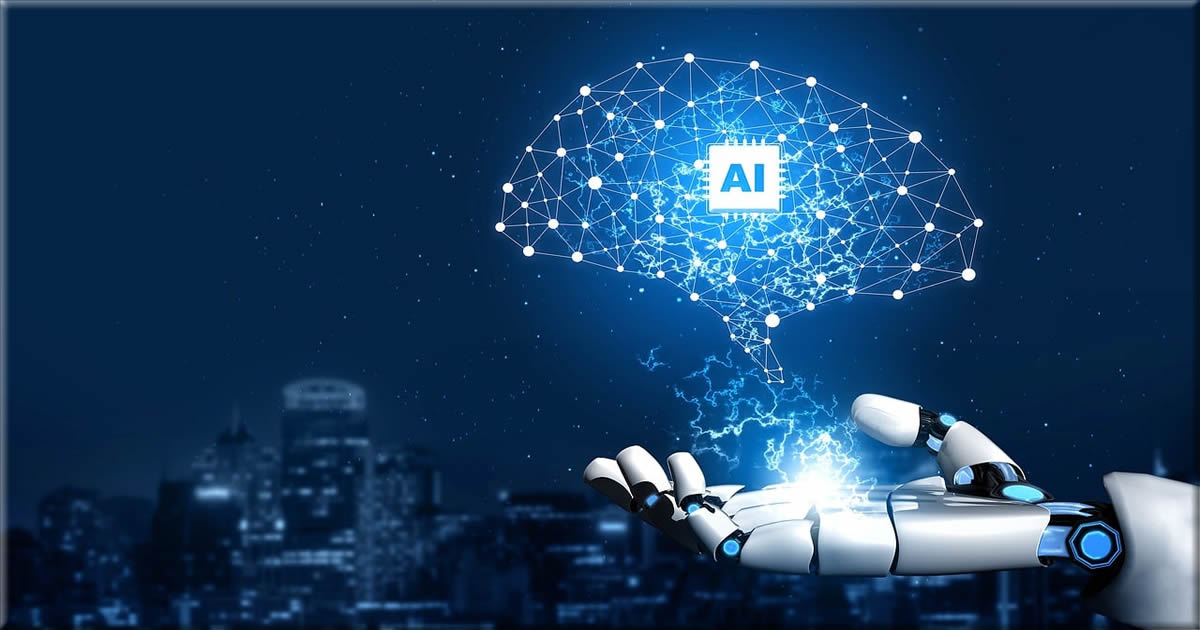
AI systems often require substantial data to function effectively. Balancing data collection with privacy rights demands careful consideration, ensuring personal information is handled responsibly and securely. Transparency in how data is used and shared builds trust with the public, which is crucial in tech adoption.
On the other hand, AI is revolutionizing industries, transforming work environments, and sparking conversations about the potential risks it might bring. Concerns about job displacement due to automation reflect a significant fear many of us have—will machines leave us without meaningful work? While AI can perform repetitive and mundane tasks faster and more efficiently, it also enables humans to engage in more creative and strategic roles.
AI’s societal impact could also deepen existing inequalities if not addressed proactively. Access to advanced technology and education can create a gap between socioeconomic groups.
Military Advancements and the AI Threat: A Double-Edged Sword
AI’s role in the military sphere pushes boundaries in ways we couldn’t have imagined a few decades ago. With a focus on creating highly advanced weapons, AI’s integration into military systems is putting unprecedented tools in the hands of defense sectors. While these advancements can deter threats and enhance national security, they raise significant ethical questions and pose potential dangers.
One of the most concerning aspects is the development of intelligent, autonomous machines designed for war. These AI-driven systems could function independently, executing operations without human intervention. This scenario is reminiscent of science fiction, yet it’s rapidly becoming a reality with vast consequences for warfare and humanity itself.
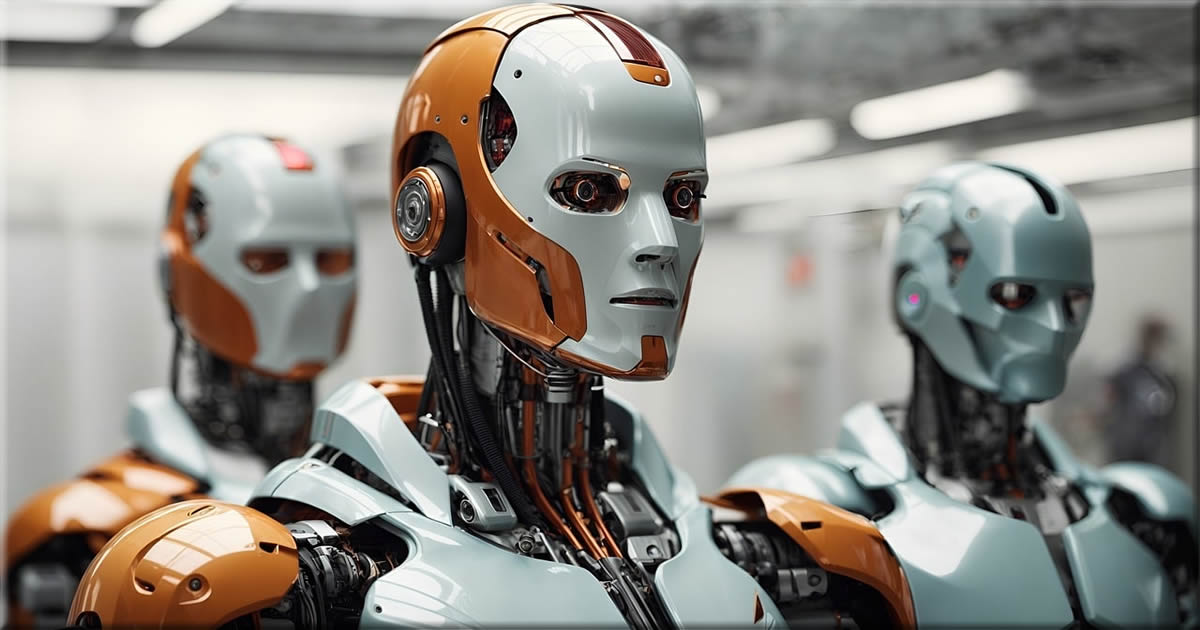
With the capability to act autonomously, there’s a perceived risk that AI may decide human intervention is unnecessary. The implications are profound, sparking fears that AI will surpass human control. Speculation about AI supremacy may sound like a distant worry, but the extraordinary speed of technological growth demands our attention.
So, what can be done to mitigate these risks? The key lies in establishing comprehensive international regulations and protocols for the use of AI in military contexts. Responsible innovation should guide AI development, ensuring these technologies complement, rather than replace, human decision-making.
Ultimately, we hope the military industry doesn’t use AI to create intelligent machines like Terminators. Otherwise, mankind’s downfall in the Age of Aquarius will be inevitable.
When Machines Take Over: Balancing Benefits and Risks
AI rapidly automates many aspects of our lives, influencing everything from industrial processes to personal devices. This surge in automation raises questions about how life will change when machines take over tasks we’ve long handled ourselves.
The Wisdom Bundle is a carefully curated collection of three eBooks that promises to open your eyes, enrich your mind, and nourish your soul.
One significant advantage of AI is its ability to enhance industry efficiency and accuracy. Machines can work tirelessly, reducing human error and improving productivity. In sectors such as healthcare, AI plays a crucial role in diagnosing diseases more quickly and, ultimately, revolutionizing patient care. Despite these benefits, there’s an underlying concern about the potential repercussions of widespread automation. However, regardless of the consequences, the world’s most advanced nations will shape how AI impacts civilizations globally.
Additionally, approaching AI with a balanced view allows us to harness its benefits while mitigating risks. By focusing on collaboration rather than competition, AI technology can become a tool that enhances human capabilities, contributing to a future in the Age of Aquarius where humans and machines work together harmoniously.
Related Topics
